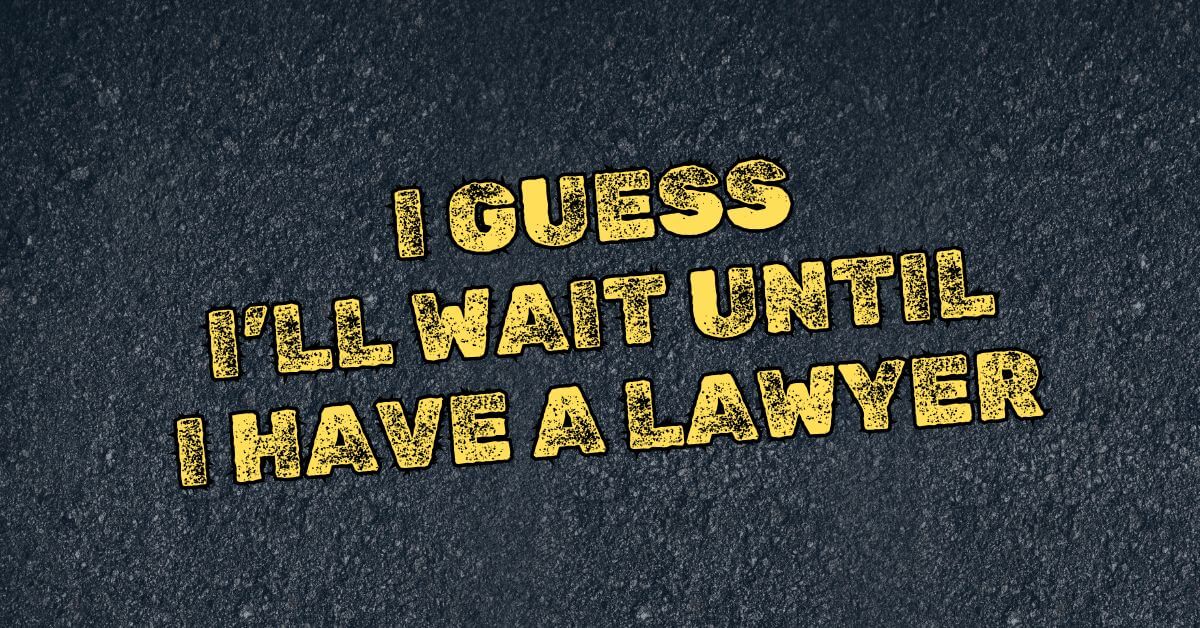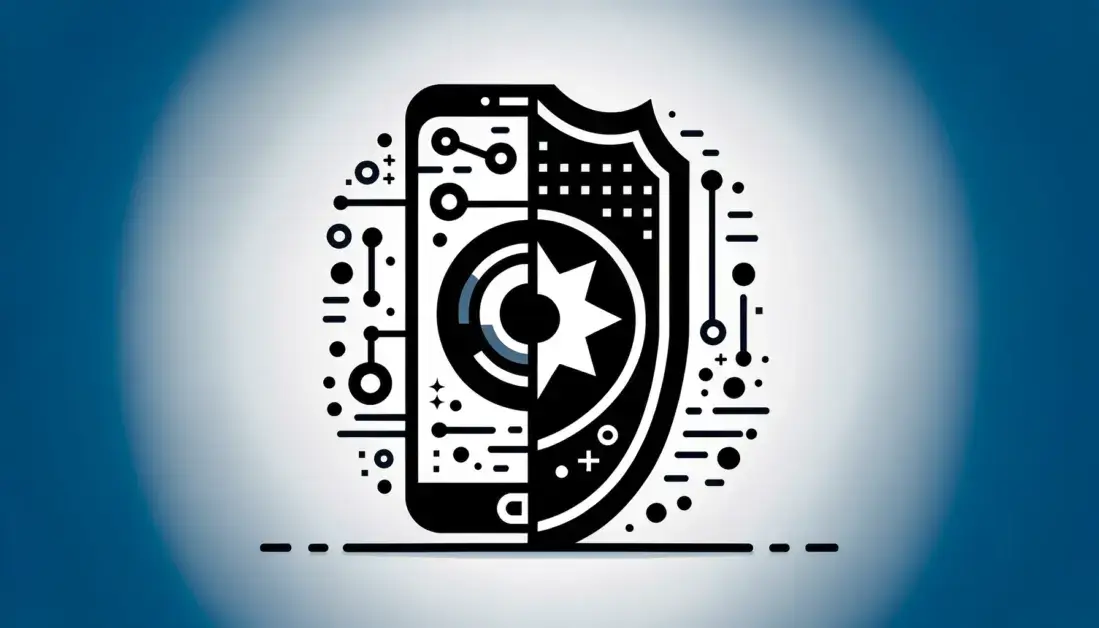Part Three – What the Public Needs to Know
So, what is qualified immunity? What does it mean to society as a whole? And what should law enforcement officers tell the public when it comes to qualified immunity? What we really need to talk about is how qualified immunity affects our day to day operation. The difficulty as a lay person who watches news stories like anyone does is that many people walk away thinking, “Well, we need to train our officers more.” Well, what are we training them on? “Well, you have to train them on the way to do their job.” So, we have to train them on proper practices. Correct? “Yes.” Well, in order to be able to train on proper practices, we have to be able to have a consistency of proper practices, because how can I train someone on something that people don’t know how to interpret because the interpretation is not consistent?
Because to be very blunt with you, the incident that led to the scrutiny of law enforcement in this country in the summer of 2020, well, that didn’t involve qualified immunity. It wasn’t a case where an individual got a pass because of qualified immunity and now we are challenging qualified immunity. Which leads me to one of my least favorite words that is being thrown around: reform.
I go to gatherings or news now and I hear everyone talking about police reform. The challenge with police reform is that it means that those of us working with men and women in uniform across the country for the past 20 years, well, we just haven’t done anything. We haven’t been working on consistent operational standards. We haven’t been working on ways to clarify the legal aspects of objectively reasonable force. And that’s just not true. It’s hurtful to hear the word reform being thrown around so quickly in our country, because I, for one, and my staff here at Daigle Law Group, know how hard law enforcement agencies, police executives, and police officers work on a daily basis to ensure that they’re meeting the requirements and the standards of the law. We all know that. And what it appears is that people just think we don’t care.
What I can see from my review of media and social media posts, and listening to legislatures talk about the application of qualified immunity, is that someone has gotten everyone to believe that qualified immunity is a special immunity for police that insulates law enforcement or police from liability cases to the extent that officers who commit egregious acts of misconduct are fully protected from liability. This cannot be further from the truth. This is an absolute, disgusting, gross misrepresentation of the law as it applies. And I’ve even heard individuals say that qualified immunity encourages misconduct by law enforcement officers. Listen, that is even further from the truth. In fact, in a recent article that I read a law professor reviewed the last 1200 cases of civil liability against law enforcement and found that less than 4% of them got out on qualified immunity. So, what is this thing called qualified immunity? What does it mean?
It is important to note that when we talk about governmental immunity, all we’re talking about is discretion versus ministerial acts. And really what we’re talking about is the scrutiny of discretionary acts, and what that means is analyzing someone’s decision-making process. And since a lot of what officers do in the field is decision making, where two people could disagree on what occurs, most of an officer’s job is based on discretionary acts, i.e. whether to give a ticket, to make an arrest, to use force, etc.
So as an example let’s take a look at the Americans for Effective Law Enforcement – Electronic Control Weapon page; you’ll see that there’s over 800 cases since early 2000, interpreting the use of the weapon, right? And the important part of those 800 plus cases, is that 30% of those cases (at least) identify a restrictive component, which means that qualified immunity wasn’t provided. One of the challenges is that as use of force is interpreted, as weapon use is interpreted, how do you train officers on discretion? And more importantly, what the public needs to know is removing qualified immunity affects the way we train officers on decision-making. And as we discussed in our previous articles, the act of scrutinizing and legislating these laws a million times over may leave a lasting hole in our jurisprudence and officer training.
So, what are some key talking points here? In my opinion, the public needs to know that in 2020, the United States Supreme Court within the last year, has denied 10 qualified immunity cases pertaining to 42 USC 1983[i] actions. Ten times, they have decided not to overturn themselves within the last year.
Society has an interest in allowing public officials to perform discretionary duties. And what the public needs to know is they should perform those duties unhampered by fear of second guessing themselves and retaliatory lawsuits. The court finds that officials like police officers have a fundamental right under the constitution to have their litigation evaluated at their earliest stages so that they can protect public officials from the burdens of litigation. One of the things that the public should know is that immunity encourages government employees to perform their duties without fear of unwarranted lawsuit and allows them to perform their duties instead of spending time and resources defending such claims. The biggest thing that the public needs to know is that reducing or limiting qualified immunity will not reduce excessive force claims or allegations.
What the public needs to know is that the doctrine grants officers the discretion to make split second decisions, and that is necessary in today’s day and age. What the public needs to know is that most states have indemnification statutes for government employees, which means even if they are found liable, the police officer doesn’t pay for the litigation, the community pays for the litigation, the taxpayers pay for frivolous litigation.
What the public needs to know is that there is a legal requirement in this country for the police to pay punitive damages if they are found against them. What the public needs to know is that if there is an egregious excessive use of force, qualified immunity would not be an issue in that litigation because it would not survive in what we call an issue of fact.
What the public needs to know, is that taxpayers will suffer from the burdens of frivolous lawsuits. And finally, what the public needs to know is that officers will refuse to make decisions and act on discretionary actions for fear of being wrong when qualified immunity is ripped apart to its core.
On behalf of all of us here at Daigle Law Group, we thank you for the hard work men and women do across this country. We are here to support you. We want to get the message out. We want the message to be heard, and we thank you for assisting us in clarifying the message. Be safe, be healthy and be well. Thank you.
[i] 42 U.S. Code § 1983.Civil action for deprivation of rights



